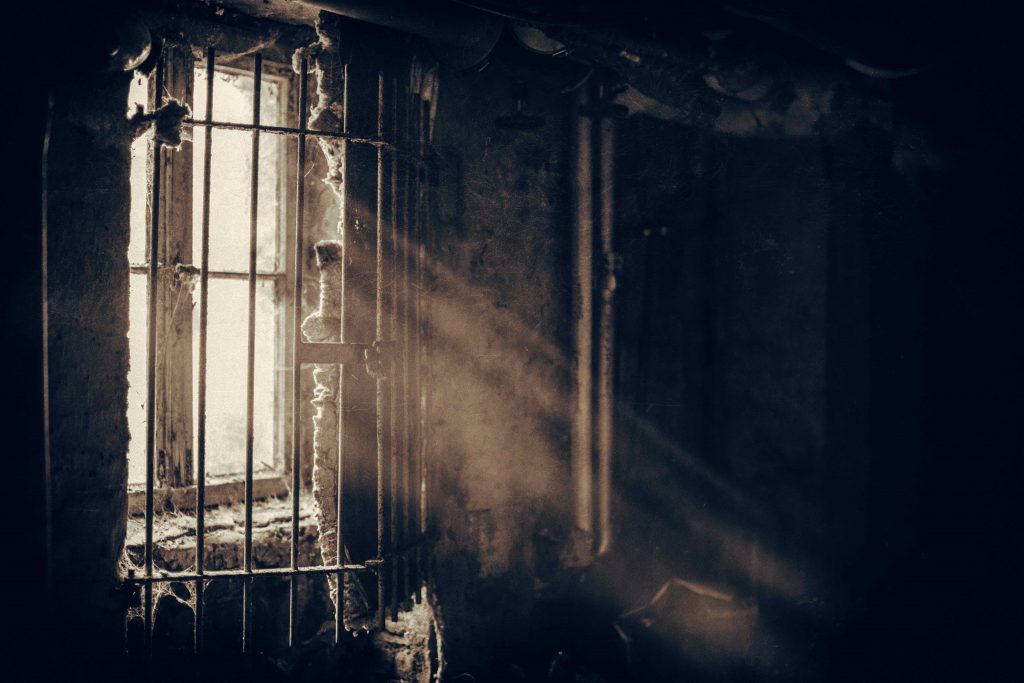
All action demonstrates character. There are some actions in our lives that we do entirely without any thought at all – impromptu behaviour that demonstrates our mood. There are also the reactive things we do as a result of outside circumstance. These demonstrate our maturity. Finally, there are the proactive actions that we take deliberately and with much forethought. These demonstrate the deepest part of our character.
In modern leadership courses we are taught that reactive response is almost always unwise. That is true – largely because most of us are actually not very mature, in spite of age, experience or education.
It is also true that the most proactive action of all is that which was planned long ago, but only taken when the most opportune time presents itself. To the outsider it may look reactive, but to the individual, it is the fruit of much patience.
“When Jesus heard that John had been put in prison, he returned to Galilee. Leaving Nazareth, he went and lived in Capernaum, which was by the lake in the area of Zebulun and Naphtali.” Matthew notes that Jesus takes this action in response to John’s imprisonment. He makes four references as to the geographic location Jesus moves to: It is in Galilee, it is the city of Capernaum, it was by the lake, and in the vicinity of Zebulun and Naphtali. This allows us to identify the area as the northwest side of the sea of Galilee. The exact location is lost to us today, but “Two of the characters described as being in Capernaum help to identify its location as near the border of the Jordan and the political frontier. The story of the centurion (Mt 8:5; Lk 7:2) points to the small garrison of about 100 men found at such a frontier town. The story of Levi’s call to leave the customs post controlling the taxation of the area reflects on the same border character of the town (Mt 9:9; Mk 2:14; Lk 5:27).”
Scholars tell us that Herod ruled over the area where John was apprehended and also over all of Galilee. So Jesus did not leave the area because he was afraid. He went to Capernaum because John’s arrest and imprisonment was a cue. It was a signal to Him that the time was now right to begin His own public ministry. Jesus was waiting for the Father to allow the enemy to close the door on John’s ministry, and until that happened, He would wait and allow John to continue to prepare the people for Him.
We may feel forced upon by circumstance. But circumstance is not an outside force to God. He is the Lord of circumstance, and very much sovereign over it. To know that is to see the unplanned events around us as cues for His work, and not the tragedy and hardship that the world perceives.
Life’s disappointments are veiled love’s appointments.
C.A. Fox
APPLICATION: Intentionality
What is happening around you right now? What do you think God is up to?

